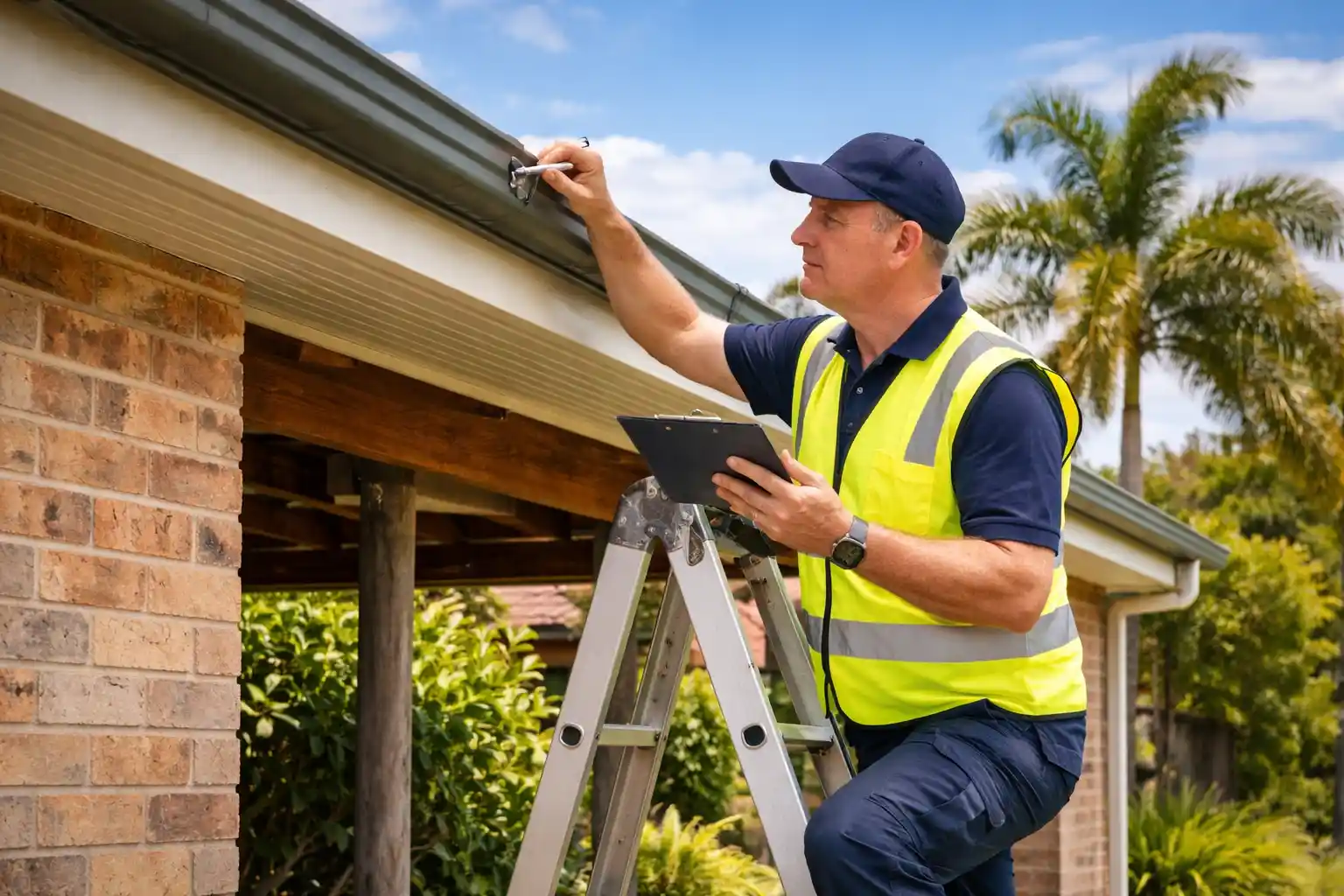Regular inspections of commercial properties are crucial for keeping everything in top shape. They help spot issues early, saving time and money. Whether it’s checking for structural damage, pest problems, or ensuring the building meets safety regulations, inspections provide valuable insights.
Inspections aren’t just about finding problems. They also offer peace of mind, knowing your property is safe for everyone who uses it. By staying proactive, you catch potential issues before they turn into costly repairs or pose risks to tenants and visitors.
Understanding how often to inspect your property can be tricky. Different factors influence the frequency, such as the age of the building, its location, and its use. By tailoring your inspection schedule to these factors, you maintain the property’s condition and keep it running smoothly. Taking a strategic approach to inspections ensures long-term benefits and security for your commercial investment.
Importance of Regular Property Inspections
Regular property inspections are vital for maintaining the safety and value of your commercial building. They help identify issues early before they become major problems, potentially saving you a lot of money on repairs. These inspections ensure your building complies with local regulations and safety standards, which is essential for protecting occupants and avoiding legal repercussions.
Assessments keep track of the building’s structural condition, checking everything from the foundation to the roof. Identifying wear and tear or damage early can prevent costly repairs and protect the integrity of the building. Regular inspections also cover the state of essential systems like plumbing and electricals, ensuring they operate efficiently and safely.
Inspectors can spot minor issues that could escalate if ignored. Fixing these problems ahead of time reduces the risk of system failures that can disrupt operations and lead to further damage. This proactive approach ensures the property remains safe and functional, fostering a positive environment for occupants.
Moreover, regular inspections can provide necessary documentation for insurance purposes, helping support claims and possibly reducing premiums. Keeping up-to-date records demonstrates that the building is well-maintained and reduces risks associated with negligence.
Factors Determining Inspection Frequency
The frequency of property inspections depends on several factors unique to each building and its use. Understanding these factors helps determine the best schedule for inspections, ensuring the property stays in prime condition throughout the year.
- Building Age and Condition: Older buildings may require more frequent inspections to catch age-related wear and potential safety hazards. Newer buildings can afford longer intervals but still need routine checks to maintain warranties.
- Local Climate: Weather conditions influence inspection needs. Properties in areas with extreme weather, such as heavy rain or temperature swings, might need extra checks to address weather-related damage.
- Usage and Occupancy: The type of business and the number of occupants impact wear and tear. High-traffic areas undergo more stress and should be inspected more often to prevent safety concerns.
- Previous Issues: Buildings with a history of recurring problems benefit from more regular inspections. Frequent evaluations help manage known issues effectively, preventing them from becoming severe.
- Regulatory Requirements: Some locations have specific rules mandating inspection intervals. Staying informed about these ensures the property complies with regulations, avoiding potential fines.
Setting an inspection schedule that considers these factors helps ensure the building remains functional and safe over time. Balancing frequency with the property’s specific needs allows for effective maintenance and reliable operations.
Seasonal and Annual Inspection Guidelines
Commercial properties benefit greatly from a structured inspection schedule. Seasonal and annual inspections help maintain the building’s condition and functionality. Each season presents different challenges, making it important to focus on specific areas for thorough check-ups.
- Spring Inspections: After winter, check for water damage and leaks. Make sure drainage systems are clear to prevent flooding. Inspect the roof and foundation for any cracks caused by frost.
- Summer Inspections: With warmer weather, look at the HVAC systems to ensure they operate efficiently. Inspect windows and insulation to optimise cooling and energy use.
- Autumn Inspections: Prepare for colder months by checking the heating system. Clean gutters to prevent leaf clogs and inspect the exterior for signs of wear that need addressing before winter.
- Winter Inspections: Focus on safety by checking for snow and ice-related damage. Ensure the building’s insulation is effective and that heating systems function properly.
Annual inspections encompass a more comprehensive review of the building’s systems and structures. This includes electrical systems, plumbing, and safety features like fire alarms and extinguishers. Following these guidelines ensures the building remains safe, efficient, and ready for any weather conditions.
Benefits of Consistent Inspections
Regular inspections offer significant advantages, contributing to the overall health and safety of a building. They help identify potential issues early, provide peace of mind, and maintain compliance with safety regulations.
- Early Problem Detection: Inspections catch minor issues before they escalate into major, costly problems. This proactive approach reduces repair costs over time.
- Safety Assurance: Regular checks ensure that safety features like alarms and emergency exits work correctly, protecting both occupants and assets.
- Regulatory Compliance: Keeping up with inspections helps maintain compliance with local laws and standards, avoiding potential fines or legal issues.
- Cost Savings: By preventing large repairs and maintaining building systems, inspections can save money in the long run.
- Increased Property Value: Well-maintained properties retain their value longer, making them more attractive to buyers or tenants.
Overall, consistent inspections support a building’s longevity and functionality while ensuring it remains a safe and inviting space.
Conclusion:
Regularly scheduled property inspections are essential for maintaining the health and safety of commercial buildings. Following seasonal and annual guidelines helps address specific challenges each time of year, ensuring thorough oversight. By understanding the many benefits of consistent inspections, property owners can protect their investment and create a secure environment for occupants.
If you aim to keep your commercial property in top condition, partnering with experts like C & W Services is key. Our skilled inspectors are dedicated to providing comprehensive assessments tailored to your property’s needs. Stay informed and ahead of potential issues by contacting C & W Services today to schedule a commercial building inspection, securing the future of your investment.



